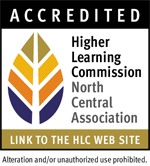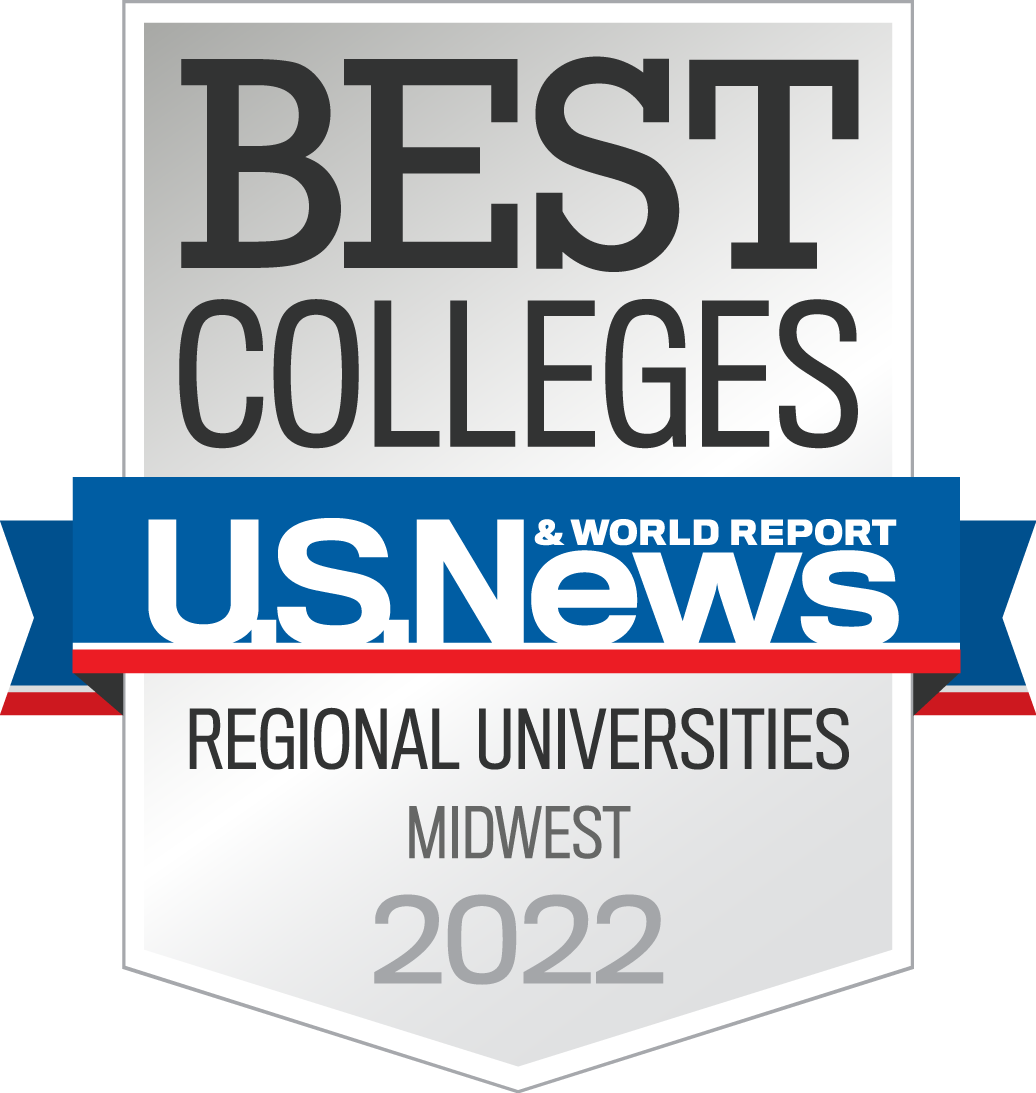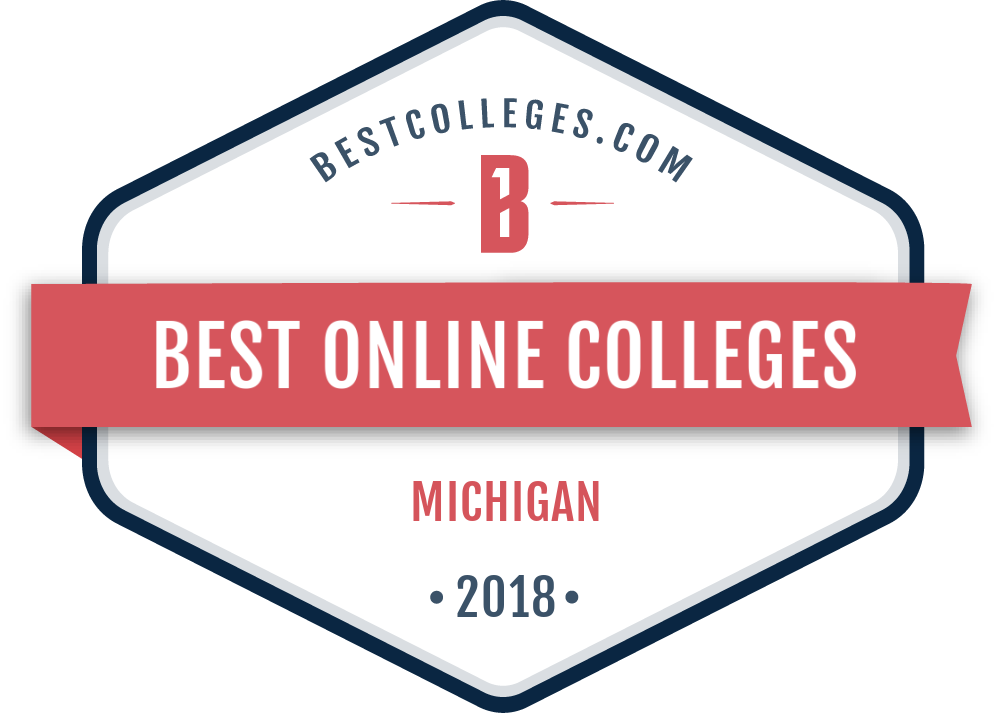Prep Questions for Your Next Nursing Interview

Nursing Student Resume Tips and Tricks
A successful nursing career begins with creating a resume that captures your education, skills and experience so you can land an interview for your ideal position.
Those who are working towards advanced practice degrees, such as a Master of Science in Nursing (MSN), will need to construct a strong nursing student resume to ensure that they stand out in a competitive job market.
According to the American Association of Nurse Practitioners (AANP), the average recruiter spends just 6 seconds skimming a resume; therefore, it is essential to have a professional resume that is clear and concise.
In today’s article, we’ll provide valuable nursing student resume tips and tricks—along with some insight into the nurse practitioner role. Continue reading to learn more.
What Should Your Resume Include?
Your nursing student resume should highlight your strengths while capturing necessary information. To consider you for a future position, employers will need the following:
Contact Information
Your resume should always begin with your name and important contact information such as your phone number and email address. Make sure that your email address is professional and appropriate. You may want to create an email address that is exclusively dedicated to your job search and the hiring process.
Consider linking to your Indeed or LinkedIn accounts as well.
Top resume.com suggests omitting your full address, especially if you are looking to relocate. If you are applying locally, include your city and state. The main benefit to doing this is that displaying your full address can be a security risk if you post to job sites, which could result in identity theft.
Skills
As a nurse practitioner student, you’ll want to take the time to showcase new skills that you learned during your MSN program such as the following:
- Comprehensive patient assessments
- Specialized treatment plans
- Ordering and performing diagnostic tests
- Primary care knowledge
- Regulatory compliance
- Advanced clinical skills and critical thinking
- Interpreting medical findings
Indeed lists important soft skills to highlight on your resume such as active listening, problem solving, leadership, time management and communication. As a future nurse practitioner, communication skills are vital to help explain complex medical information and make patients feel understood and comforted.
Indeed also suggests listing hard skills as well—these may include being bilingual or being proficient in a specific electronic medical record system.
Credentials
NurseJournal emphasizes that the nursing profession necessitates advanced academic and professional training, licensure, and clinical experience. Nursing position postings consist of required and preferred criteria. They state an adequate resume balances required qualifications and character traits to increase the chances of being selected for an interview.
List any certifications or licenses you may possess, such as Registered Nursing (RN) license, Nurse Practitioner (NP) board certification or national specialty certification in your field.
American Nurses Credentialing Center provides a standardized method of listing credentials. The preferred order is :
- Highest earned degree
- Licensure
- State designations or requirements
- National Certification
- Awards and honors
- Additional certifications
It is recommended that you list the most recently obtained credential first, then proceed chronologically and in order. For instance, your MSN would precede your BSN degree on your nursing student resume.
Experience
Your professional experience includes previous employment, clinical practicum experience, and any volunteer opportunities. Be sure to include dates, location and specialty (if applicable).
In your “experience” section, you’ll want to highlight any opportunities that best transfer to your ideal position.
For instance, if you’re looking to enter a new role as a family nurse practitioner (FNP), illustrating learning opportunities during your practicum would help showcase the knowledge and skills gained during your program.
Additionally, showing steady work experience helps employers understand your history in nursing. Those with limited clinical experience may also want to highlight experiences with any professional organizations, memberships and volunteer opportunities.
Arrange any previous nursing jobs as follows:
- Job title(s)
- Employer
- Employers location (city and state)
- Dates of employment (keep a consistent format)
- 2-3 concise sentences that describe your job duties (use words like supervised, mentored, administered, collaborated).
- Any specialty or unit-specific information
- Other accomplishments that will help your resume stand out
Education
On your nursing student resume, you’ll want to include degrees you have earned, starting with the most recent, such as your MSN degree. Be sure to include:
- Name of institution
- City and State
- Degree obtained
It is up to you if you want to include graduation date and year, doing so could result in age discrimination.
You may also want to list any certifications and licensure in this section as well. Including academic accomplishments may be helpful, be sure to also list research, special projects and any relevant clinical practicums.
Additional Resume Tips
A well organized and properly formatted new grad nurse resume will help it get through the application system and into the hands of a hiring manager. Health Careers suggests researching the requirements of the position you are applying for in detail.
It is important to understand the unique needs of the facility and patient population in order to highlight relevant experience and use the right terminology. Consider adding keywords to your resume that are mentioned in the job description to help you stand out.

What to Avoid Including in a Resume
One small misstep in creating your resume can prevent you from obtaining an interview. Keep your resume professional and to the point, while showcasing your value. Avoid including personal information that may inhibit your chances of being hired.
Criteria not to include:
- Age
- Marital status
- Children
- Political or religious affiliations
It is illegal in many states for employers to ask for this information, therefore there is no reason to include it on your resume as you don’t want personal opinions or information to jeopardize beginning your career as a nurse practitioner..
Keep it Simple
AANP suggests keeping your resume concise, one or two pages, without elaborate designs and formats. Extravagant resumes may not get scanned appropriately by applicant tracking systems and put you at risk for not having your resume reviewed.
A traditional format is most appropriate for nursing resumes.
- Use white paper if printing your resume out
- Black font with a basic typeface such as Calibri, Cambria, or Arial
- Font size should be between 10-12pt., with 14pt. Headers
- A one-page resume is ideal; however, two pages are acceptable as long as it is two full pages, rather than just a few lines or bullet points on the second page
Spelling and Grammatical Errors
Top resume found that recruiters listed spelling and grammatical errors as the first major mistake that could cost you an interview. Ask someone to proofread your resume, or consider using Grammarly, a writing assistant tool that is used to proofread and edit documents.
Salary History
When submitting your resume, you want to display the strengths and positive attributes you bring to the facility. Avoid including past salaries or salary requirements; these can jeopardize salary negotiations during the hiring process.
The average nurse practitioner salary is higher than a registered nurse's salary, therefore previous salary listings may market yourself too low.
If you are asked to include a salary requirement, this is typically done in the application system and not included on the resume. If you can, try to provide a broad range and indicate that you are flexible and open to discussing compensation amounts.
Read our blog to learn which states offer the highest NP salaries.
References
It is outdated to include a list of references or to write “References available upon request” on your resume. It takes up space on the resume and is not necessary in this stage of the application process.
In addition to a resume, consider having a dedicated reference sheet ready should an employer ask for one during the hiring process.
Basic reference formats include:
- First and last name
- Position or title
- Company or university
- Address
- Phone number
- Email address
Avoid including any personal information for references, such as personal email or phone number, stick to public information unless permission is given otherwise.
Aim for 3-4 references. Examples of who to include as references:
- Nurse managers
- Clinical coordinators
- Clinical instructors
- Professor
- Internship or practicum coordinator or mentor
Objectives & Cover Letters
Objectives are unnecessary to add to your resume. In lieu of objectives, which are often vague, a professional summary is more commonly used. It highlights why you are qualified for the position and what you can offer the employer.
According to Kick resume, a professional summary allows a hiring manager a quick overview of your experience, skills, education, and achievements. Usually consisting of three to five sentences, it is located at the top of a resume, beneath name and contact information.
Though not always required, in some cases you may want to submit an NP cover letter. Cover letters can hurt your chances if they are too general, or help you stand out if you spend the time to sell yourself.
If you choose to add a cover letter, you’ll not only highlight your strengths and qualifications, but you can also use it as a sort of “welcome” letter to who you are as an employee, and briefly touch on your reason for becoming an NP.
Also, keep in mind that each cover letter should be updated every time you apply for a new position. You’ll at least want to make sure the date is recent and update the name of the organization, as well as the job title.
Three Main Resume Formats
There are several common resume formats you can choose from—each comes with benefits, often serving a specific purpose. Some frequent nursing resume examples may include:
- Reverse-chronological
- This resume format lists job experience from newest to oldest. It is the most commonly used and works well for all levels of experience. One downside is it can be potentially problematic for nurses who have gaps in employment
- Functional
- This resume lists achievements and skills by relevance rather than chronologically. It helps specific skill sets shine by highlighting awards, accomplishments, and credentials. However, it can be less beneficial for students or nurses who do not have much experience.
- Combination
- This mix is reverse-chronological and functional, with skills being listed at the top and experience listed after. Combination resumes can highlight an experienced nurse's career by showcasing professional expertise and skills relevant to the position. However, too much information can confuse hiring managers and applicant tracking systems, so be sure the resume reads clearly.
Nursing Interview Prep Questions
Now that you have perfected your resume, it’s time to prepare for your interview!
You may have a one-on-one type of interview with a hiring manager or possibly experience interviewing with several staff members, including human resources, management, physicians and members of the nursing team. Any type of interview questions are possible when meeting with a hiring manager, so be prepared.
The first nurse practitioner interview can be intimidating; preparation can help alleviate some of the anxiety. Try to relax and come across as professional, polite, and be ready to highlight your skills and experience that make you unique.
Indeed suggests using the STAR method to answer questions and formulate powerful responses.
STAR stands for:
- Situation-describe a situation that relates to the question
- Task-the task you had to complete
- Action-outline the action you took in the situation
- Result-the result that occurred.
Potential Nursing Interview Questions
When you apply for your next position, it’s essential to be confident and prepared during the interview. A great way to get ready for an interview is to practice answering potential questions in front of the mirror or with a friend.
Although questions will vary with each employer, below are a few common ones to help you get in the mindset for your NP interview.
- Why did you choose to advance your studies and become a nurse practitioner?
- What is your philosophy of care as a nurse practitioner?
- How do you plan to grow as a nurse practitioner?
- Teamwork is essential in providing quality care to patients. Describe how you will aid in facilitating cross-collaborative care?
- How do you keep current with the latest information in nursing?
- Have you ever disagreed with a physician’s plan of care? How did you handle the situation?
Being prepared during the interview will help you demonstrate your knowledge, connect with the interviewer and show that you’re serious about your role as an NP.

Let Your Light Shine in Advanced Nursing
Spring Arbor University's online MSN-NP program prepares registered nurses with the clinical expertise, experience and education needed to begin your career as a nurse practitioner.
Choose from four in-demand nurse practitioner specialty tracks:
- Family Nurse Practitioner
- Pediatric Nurse Practitioner, Primary Care
- Psychiatric-Mental Health Nurse Practitioner
- Adult-Gerontology Primary Care Nurse Practitioner
SAU’s online MSN-NP program offers a flexible class model, designed for working nurses.
Students are offered one seven-week course at a time with flexible login times designed to help you complete assignments when your schedule permits. You’ll also receive ongoing support throughout your journey—from the application process to the first day of classes- until graduation.
Grow professionally, personally and spiritually, while meeting the need for primary care as a nurse practitioner.
Learn more about the online MSN-NP program today.








